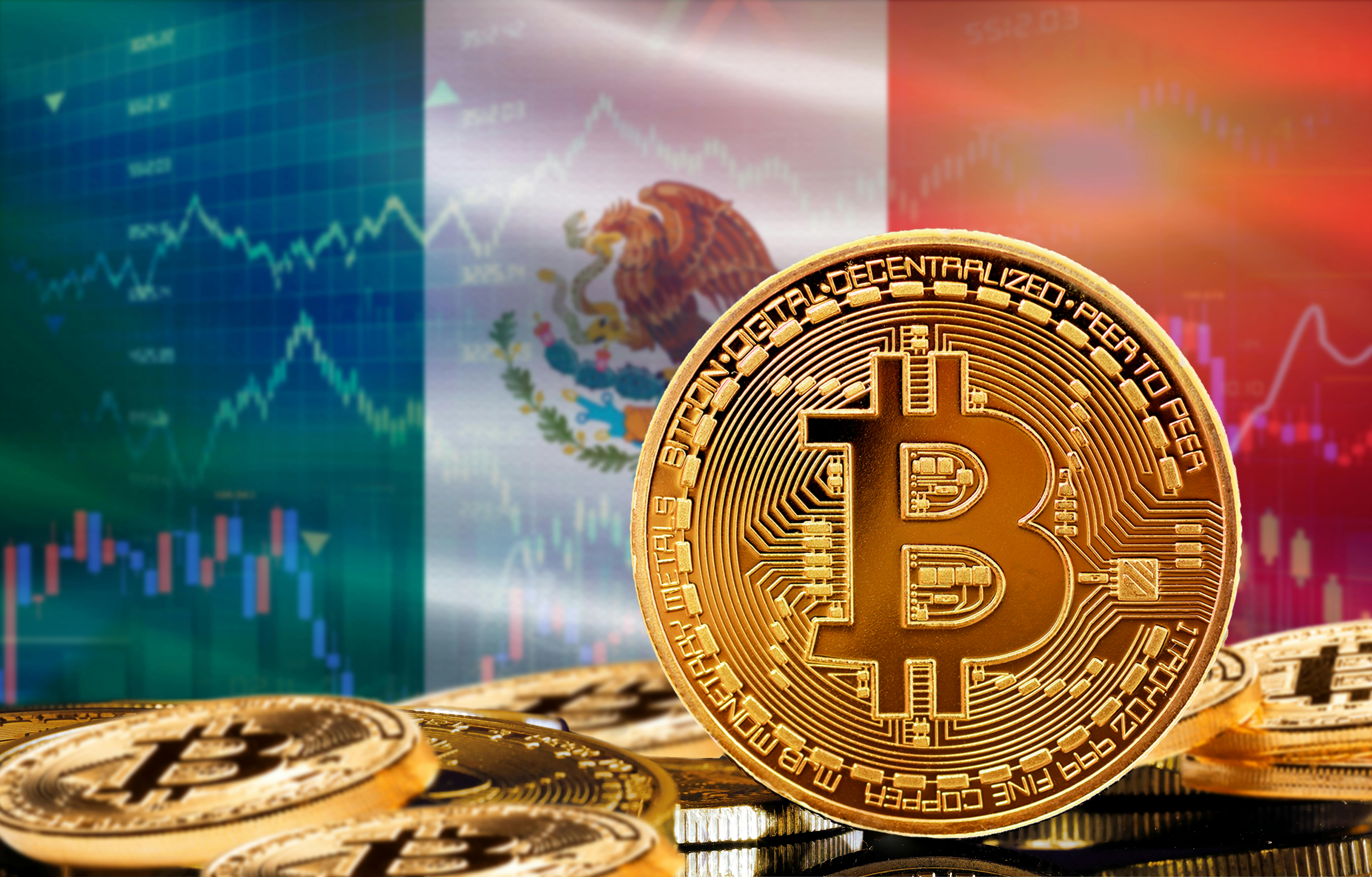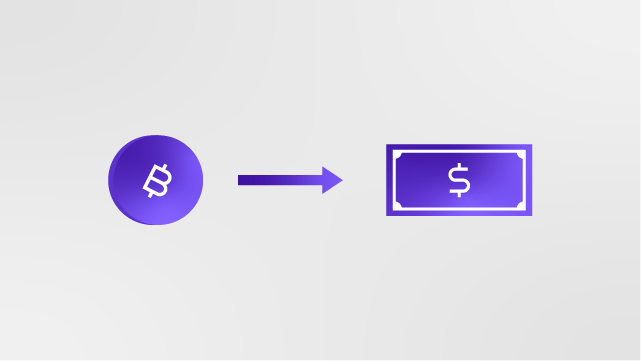CoinFlip Resources
News from the world's leading Bitcoin ATM operator.
Featured
January 7th, 2026
CoinFlip Team
CoinFlip Increases Access to Digital Assets for Employees through Payroll Conversion Program, CoinFlip Gradual
CoinFlip has launched CoinFlip Gradual, a new payroll conversion program that lets employees automatically invest a portion of their paycheck into cryptocurrency. The hands-off program supports recurring purchases of digital assets, delivered directly to employees’ personal wallets, and is now available for U.S.-based companies.
Learn
Discover the ways Bitcoin and related technologies are revolutionizing finance and the Internet with articles by CoinFlip's experienced team.
How to Withdraw from a Bitcoin ATM
October 30th, 2025
Mark Rosenthal
Are Bitcoin ATMs Safe?
October 29th, 2025
Scott Wilson
Do you need an ID for a Bitcoin ATM transaction?
October 28th, 2025
Scott Wilson
Advanced Crypto Wallets Explained: Paper, Multi-Sig, Decoy and ID Wallets
October 8th, 2025
Scott Wilson
Lose your Wallet? Here's How to Recover your Bitcoin
August 27th, 2025
Scott Wilson
Insight
Market and Technology Insights from CoinFlip
Company News
Read press releases and news from CoinFlip’s headquarters.
CoinFlip Increases Access to Digital Assets for Employees through Payroll Conversion Program, CoinFlip Gradual
January 7th, 2026
CoinFlip Team
CoinFlip Celebrates Grand Opening of First Crypto Center in Mexico City
December 19th, 2025
CoinFlip Team
CoinFlip Partners with CrypDonations to Power Crypto Giving for Nonprofits
December 18th, 2025
CoinFlip Team
Introducing CoinFlip Account
June 20th, 2025
CoinFlip Team




